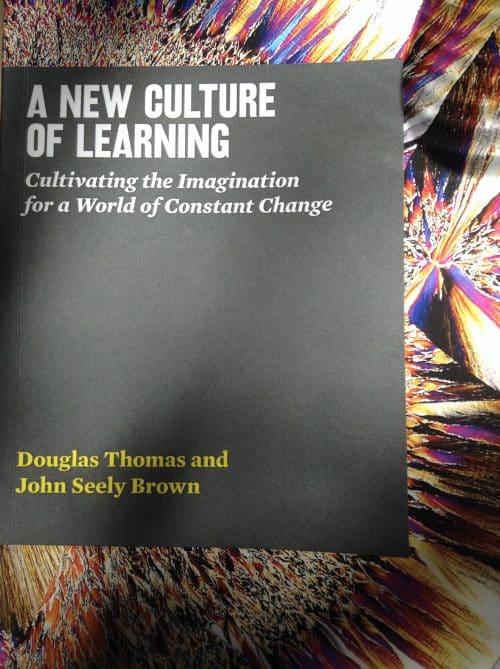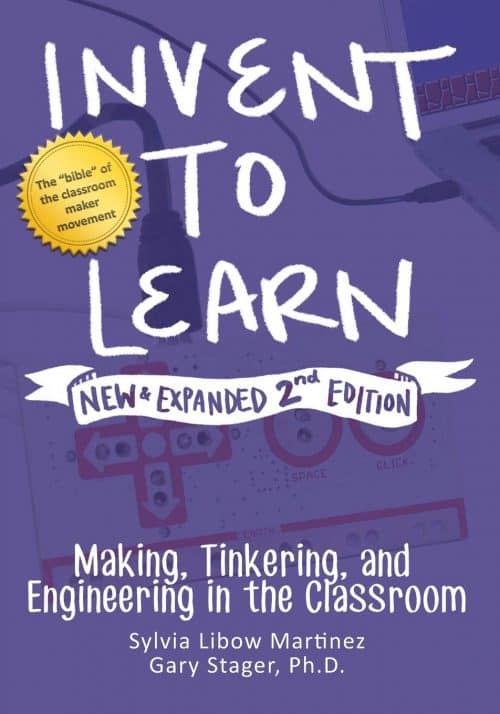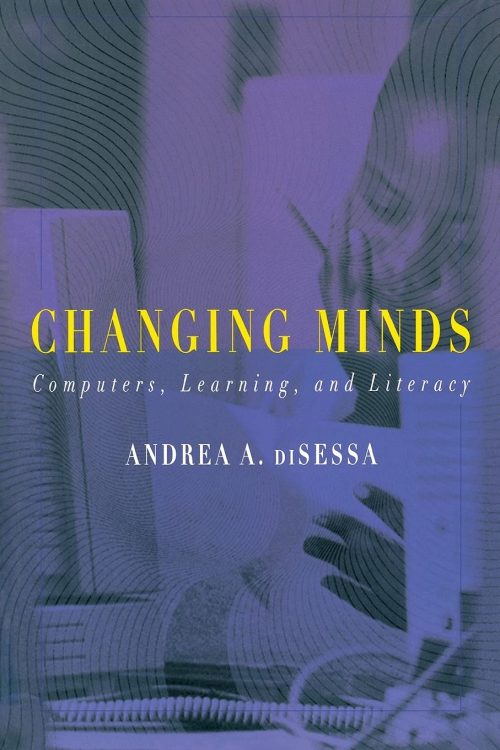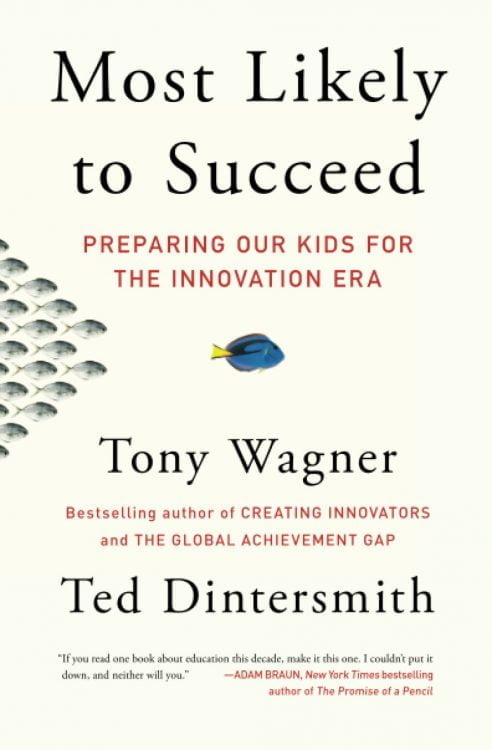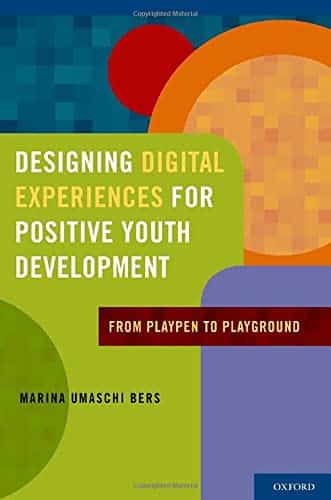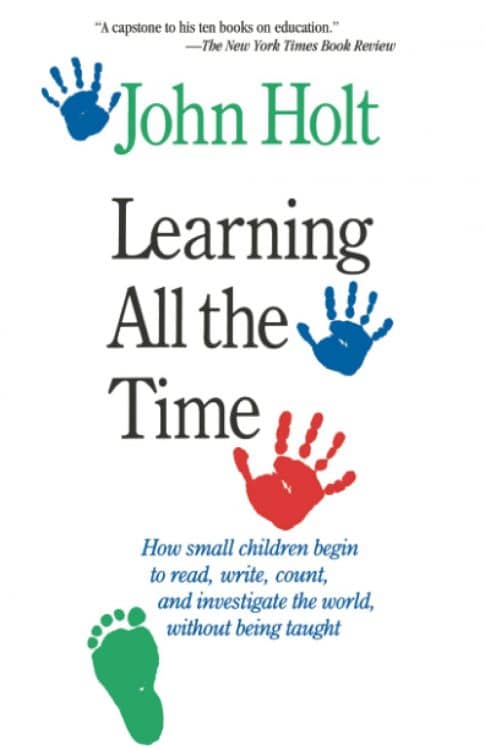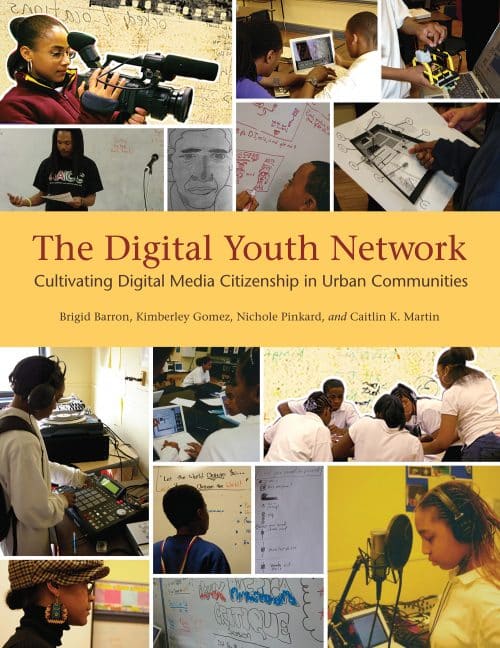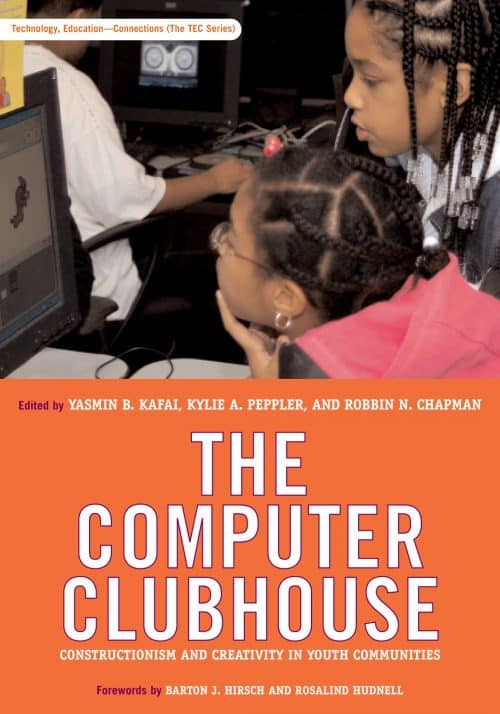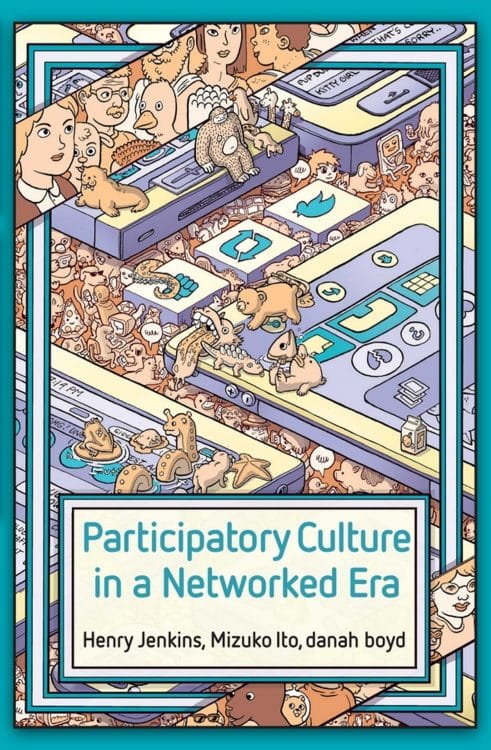Sherry Turkle explores how the computer impacts our knowledge of ourselves, one another, and our relationship with the world in her book The Second Self. Sherry Turkle views the computer not as a “tool” but as a component of our social and psychological existence. Technology “catalyzes changes not merely in what we do but in how we think,” the author claims. The Second Self, which was first published in 1984, is still vital reading as a primer on the psychology of computation. With this 20th anniversary edition, we can reflect on 20 years of computer culture, (re)discover what was and is most unique in our new media culture, and gain a new perspective on how we interact with technology today. With a brand-new opening, a brand-new epilogue, and copious comments that have been added to the original text, Turkle frames this classic work.
Turkle discusses human thought, emotion, memory, and comprehension with youngsters, college students, engineers, AI scientists, hackers, and personal computer owners – people who are confronted by computers that appear to think and at the same time suggest a new way for us to think. Her research shows that we perceive computers as existing at the nexus of inanimate and alive, as an extension of the self, and as a component of the outside world. They are particularly captivating and evocative because of their unique position between and between established divisions. (Turkle mentions a PDA user in the introduction to this version as saying, “My Palm’s crash felt fatal when it happened. I believed myself to be insane “) The Second Self explores the ever-present topic of why we think of psychological processes as machine operations, how this occurs, and what it means for each of us.


